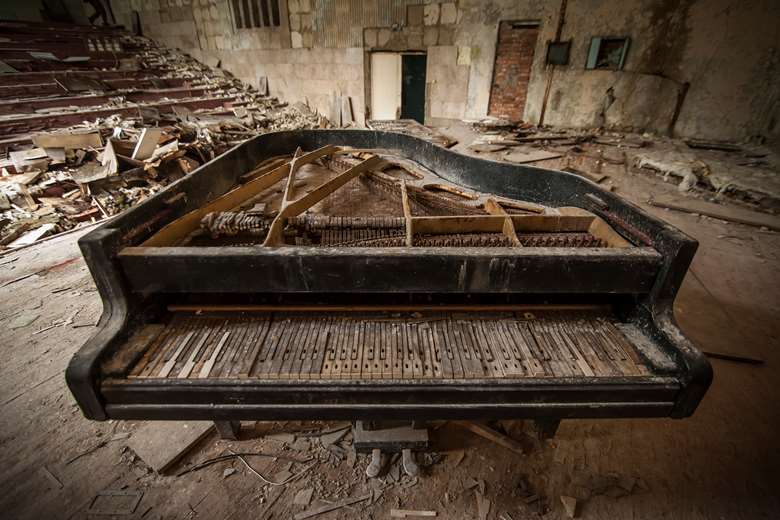Simon Mundy: Not all Russians are the same
Simon Mundy
Friday, March 25, 2022
Simon Mundy puts forward his case for a more supportive approach to Russian musicians, as many do not support the invasion of Ukraine.

As Putin's war against Ukraine moves into its second ghastly month, it is worth keeping in mind that Russia's artists did not choose this invasion, nor do many support it. There are divisions in every society, even among musicians, composers and arts managers, and Russia is no exception. As well as being fed an increasingly narrow diet of false justifications and incomplete information, their ability to speak out is becoming as truncated as it was in the Brezhnev years that Putin so clearly hankers after. In many cases, if these artists do find a way to make their opposition clear, they will put not only themselves in danger but also their families, friends and colleagues. Putin's secret police have not yet started wholesale purges, but we are quickly learning not to rule anything out. At the very least, Russia is becoming as zip-lipped as China.
This means that we must be very careful about how we treat those Russians caught up in current opinion battles. The reflexes of 'cancel culture' and trial by social media are never pretty but they are particularly unhelpful now. They have their precursors; the way anyone with a Germanic name or connections – such as Elgar's patron, Sir Edward Speyer - was treated at the start of World War I should make us hesitant to lump everybody together. In WWII those fleeing the terror of Anchluss Vienna, like the members of the Amadeus Quartet, found themselves interned when they reach Britain.
Putin's long-time apologists, like conductor Valery Gergiev, fully deserve the opprobrium heaped on them - though the music world should have challenged him and others at least 15 years earlier. Pianist Boris Berezovsky's recent comments on Russian TV, advocating turning the water off in Kyiv, have probably ensured that he is unlikely to play in Western Europe again for a very long time, if ever. His stance is made particularly sad by his history with Britain, having been given a great deal of help to come to the UK in the 1990s. Similarly, those who appear willingly in public at events held to celebrate Putin's actions should understand that supporting Russian imperialism is no longer acceptable. Peter I and Catherine II would no longer be described as Great.
On the other hand, there will be many Russian musicians who feel trapped, angry and desperate. We should help them get out and be welcoming when they do. Remember how Vladimir Ashkenazy managed to escape in the 1960s, Maxim Shostakovich in the late 1970s or Victoria Mullova a few years later. We are back in the times of defections and perilous escapes. We must make sure that the routes they took are open and that today's equivalents do not find their families taken hostage by the regime while they perform abroad. I learned as a young arts correspondent not to ask Warsaw Pact country musicians what they thought of communism as they could not possibly answer freely. The same is true for Russian musicians and their views on Putin now.
Many of those Ukrainian composers being given more airtime on Radio 3 than ever in their careers had to live in the Soviet shadows and were largely ignored in the West. We must be careful that we do not react over-zealously to close our ears. In fact, Russian musicians can best demonstrate their adherence to civilised values by playing works that are clearly not associated with nationalism or the Politburo approved composers of the Soviet era. Yes to Denisov, but no thanks Khrennikov.
We should worry most, not about the established names but about the young musicians who have suddenly had their careers stalled: the young men of Ukraine who are having to remain at home and fight, the students and emerging professionals in Russia who can see their hopes of international recognition going up in the smoke of Putin's artillery. The Western world will need their talent and commitment to peace through music in years to come and we must find ways of letting our message of democratic freedom get through in Russia too. In conflict, the voices of peace have to work even harder to be heard.
